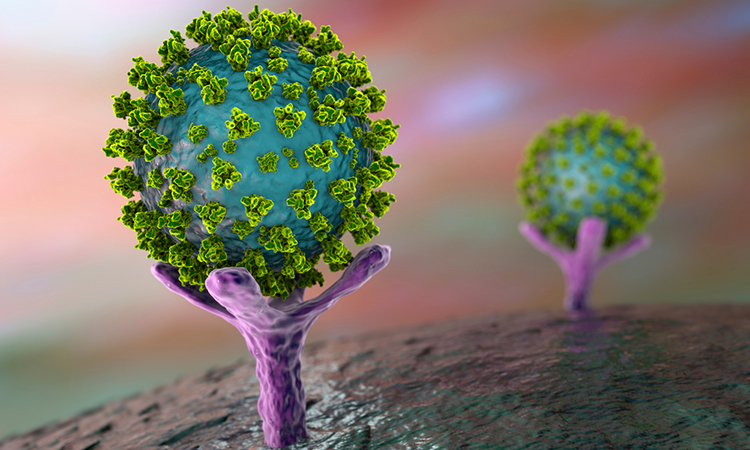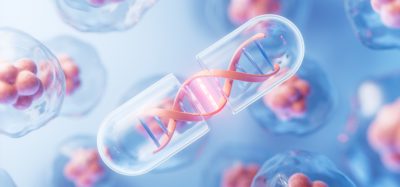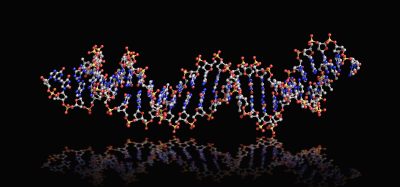Novel protein could neutralise SARS-CoV-2 infection in kidneys
Posted: 2 February 2021 | Victoria Rees (Drug Target Review) | No comments yet
A new protein can trick SARS-CoV-2 and bind to the Spike protein rather than cell membranes in a kidney organoid.


Scientists have developed a new protein that tricks SARS-CoV-2, acting to neutralise COVID-19 infection in a human kidney organoid. The study was conducted at Northwestern Medicine, US.
The protein is a variant of angiotensin converting enzyme-2 (ACE2), the receptor the coronavirus uses to enter and infect human cells. The modified protein intercepts the Spike (S) protein of SARS-CoV-2 and fools it into binding to it rather than the real ACE2 receptor in cell membranes.
“The idea was to administer our protein to intercept the coronavirus before it gets to the natural receptor in the cell membranes,” said lead study author Professor Daniel Batlle. “To make it more efficacious, we modified the ACE2 protein to extend its duration of action from hours to days. That feature will be critical for patient use.”
The findings provide proof-of-concept that the ACE2 protein will be effective in preventing and treating COVID-19 infection in humans. “While widespread vaccination is the best way to combat the COVID-19 pandemic, there will always be a need for therapies for prevention and treatment of people who were not vaccinated or for whom the vaccine was not fully effective,” Batlle said.
The protein was tested in the human kidney organoid because rodents are resistant to infection by the coronavirus causing COVID-19.
Batlle’s lab has studied ACE2 for many years as part of a potential treatment for kidney disease. The researchers bioengineered novel ACE2 variants licensed to Northwestern University which they believe can be adapted for COVID-19 therapy by intercepting the coronavirus and preventing it from attaching to the natural ACE2 receptor in the membrane of the cell.
According to the team, the next steps involve the planning of safety studies needed before Investigational New Drug (IND) approval for future studies in patients with SARS-CoV-2.
The study was published in the Journal of the American Society of Nephrology.
Related topics
Affimers, Drug Discovery, Drug Targets, Protein, Proteomics, Regenerative Medicine
Related conditions
Covid-19
Related organisations
Northwestern Medicine
Related people
Professor Daniel Batlle








